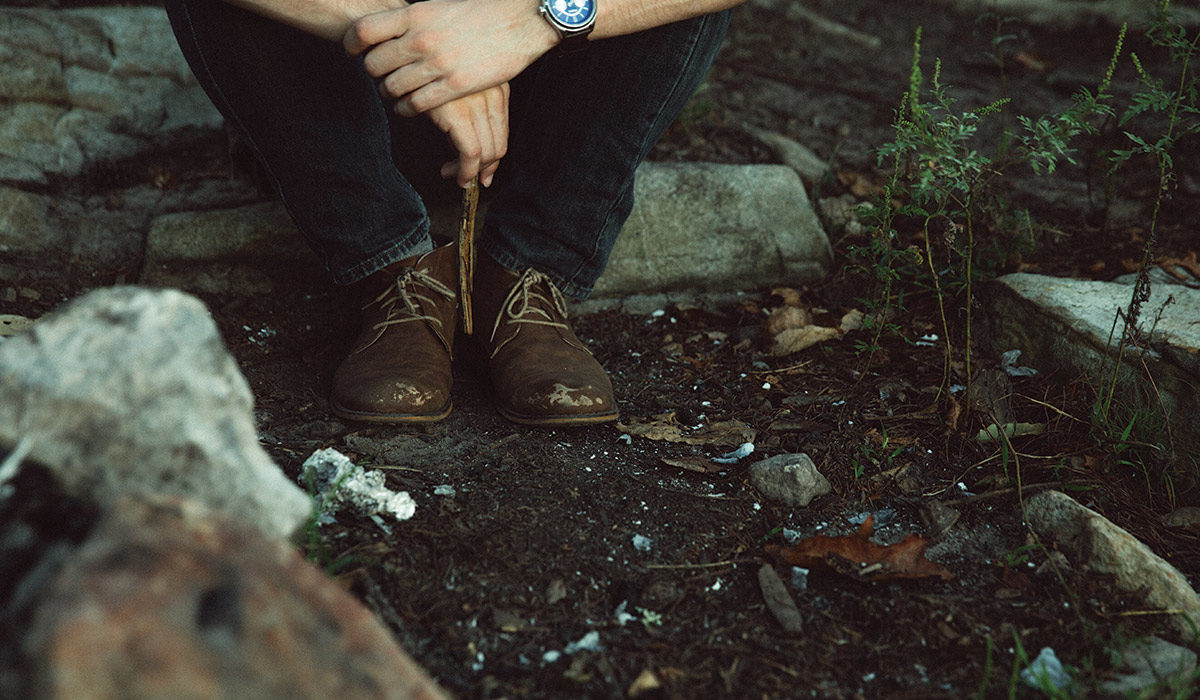Ending and Beginning: Regret

As we enter a new year, Dan and Becky Allender address the issue of regret, and how so often our regret inhibits us from reflecting well on the past.
It’s easy to get caught up in the rush of the holidays and, once the new year begins, to move forward with resolutions and goals rather than ruminate over the past year. Our brains are wired towards the negative which, as Dan states, allows us to ask questions such as how can things be better? However, this also means that when we do take time to reflect our mind often leads us to failures or regrets rather than positive experiences.
Dan defines regret as “a grief that is drowned in contempt and judgment” as those moments become so heavy and weighted that they pull us down.
Becky: If we go into that regret over and over again it brings us down, brings us into depression or shame, or into not liking ourselves. I think there is so much to not sink down that we need to keep in play in our hearts, minds, and spirits so we don’t end up weighted down.
Dan: The goodness of regret is that it often takes us to a grief, lament, or sorrow that we’ve not given voice to engage or given our bodies to suffer, and to open the door to what this loss or injury has brought to our being. Regret has a goodness in it in that it opens the door to a grief that’s not being addressed.
Regret is a form of violence against our own selves.
Dan and Becky ask themselves the question: Why do we turn to contempt for ourselves instead of kindness? One explanation is that it brings judgment upon ourselves which, in a way, feels like we are making ourselves pay for the past.
To counter this idea of judgment, Becky notes that it is important to look upon these moments with curiosity, which takes intentional reflection and time. To continue down the path of judgment only takes away joy and keeps us from desire.
Dan: There’s something functional about regret because it leads us away from kindness … so it gives us, in the strangest sense, control in the face of feeling out of control. To give up regret is, in one sense, to submit yourself to grief, repentance, and perhaps to an engagement with the people you have harmed to begin the process of repair. But it is so much easier to be against yourself than to begin that process of confession, repentance, and repair.
To address regret, Dan concludes, we need to be able to acknowledge that it is a “cheap counterfeit” of what we are afraid of, which is allowing our hearts to open to what we most desire in relationship with others. Regret has the ability to open ourselves to dreams and desires, which can lead to sadness, but we need to ask ourselves: Can we bless our desires, even in the midst of this sadness?
